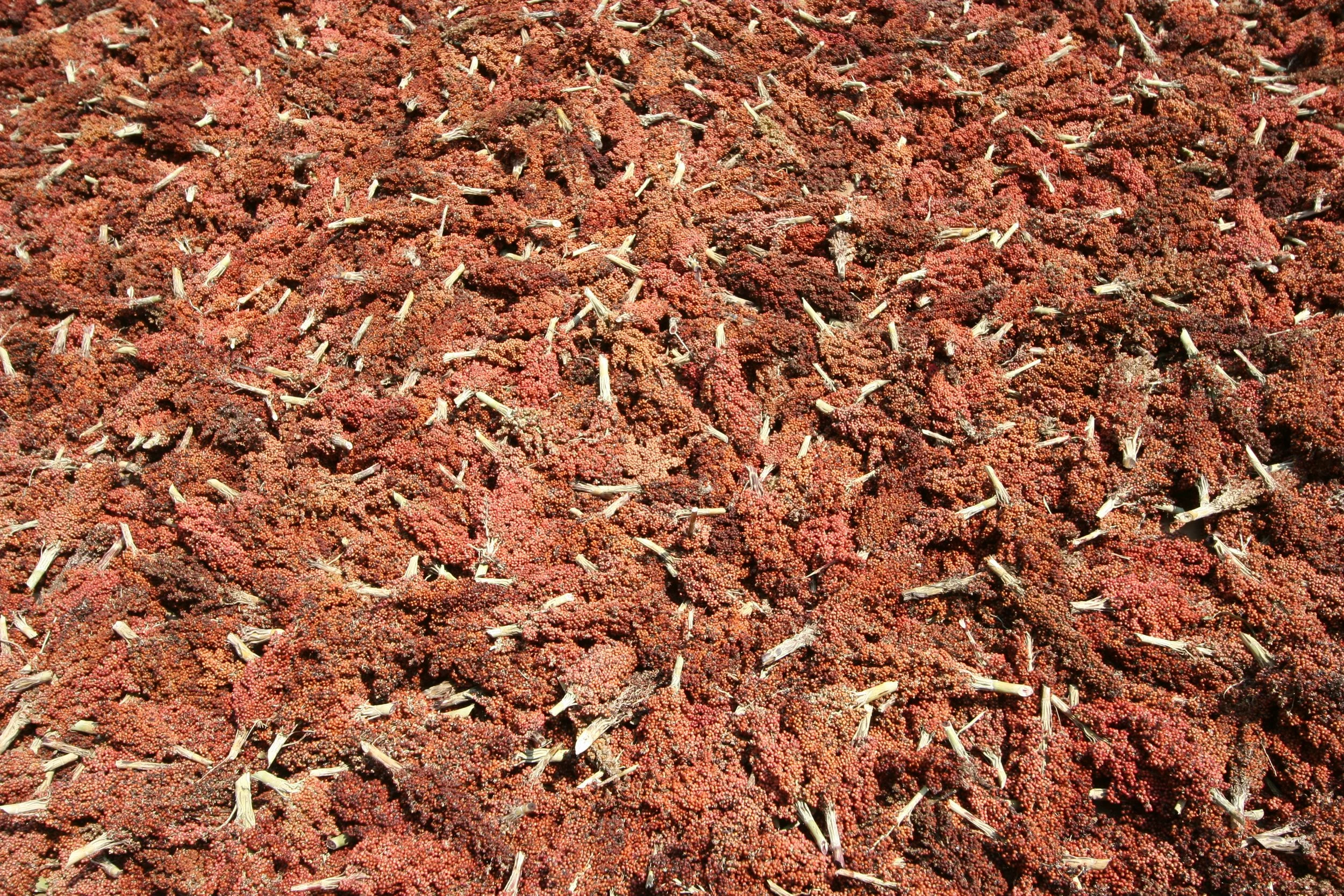Bridging the spatial and cognitive dimensions of farmer climate adaptation
Funded by National Science Foundation (BCS-2215426), 2022-2026. Collaborators include Meha Jain (U. Michigan), Noemi Vergopolan (NOAA), Jordan Blekking (IU), Chewe Nkonde (U. Zambia)
This project examines the extent to which Zambian farmers rely on past climate experiences and cognitive heuristics to make seed choices in the context of the ‘choice overload’ that emerged out of seed market liberalization. We develop a methodology to bridge the spatial and cognitive dimensions around this critical food security decision of farmers. Using a multi-scale modeling approach that combines physically based high-resolution land surface modeling with satellite data and machine learning, we identify hot spots of soil moisture variability and precipitation extremes. We then use satellite data of observed maize growth periods in these hot spots to create maps of sowing dates, growing season length, and yield outcomes for climate adaptive maize varieties. Combining these data products with surveys of smallholder farmers allows us to employ causal inference models to examine why farmers choose different seed varieties and sowing dates. The study is particularly interested in common heuristics and cognitive biases related to extreme weather events and how these impact seed choices and related yield outcomes. We are working with colleagues at the University of Zambia and farmer groups to develop farmer decision support tools which enable farmers to match new seed varieties with precipitation trends at a local scale.
Prioritizing soil health in Africa
Funded by the Office of the Vice Provost for Research, IU through the Sustainable Food System Science program. Collaborators include Jordan Blekking (IU), Daniel Fobi (IU)
Large scale development efforts and policy across Africa over decades have incentivized farmers to increase agricultural production through subsidization of hybrid seeds and synthetic fertilizers. This project studies farmers’ attention on long term soil health and heuristics they use when adopting sustainable agricultural technologies into their production systems that improve soil health. In light of evidence that soil health is fundamental to farm productivity, this project has the potential to make long term improvements in farmer’s food security. I am collaborating with NGOs in Ghana, Kenya, and Zambia to apply behavioral science techniques to understand cognitive dimensions of farmer technology adoption and explore communication to make soil health and related practices more salient to farmers. We are testing message framing around social norms to support soil health through adoption of sustainable agricultural technologies promoted by local NGOs. These technologies include intercropping staple crops with legumes, doubled up legumes, basin planting, and using compost on home gardens. We are piloting this work with a local NGO in Kenya in January 2023. We plan to scale up this work with partner NGOs in Ghana (Summer 2023) and Zambia (Fall 2023).
Creating sustainable food supply chains through large retailers
Collaborators include Gina Nichols (Science advisor, Field to Market)
Private voluntary standards have proliferated among US food retailers to report on the sustainability of their various products, led by large food retailers like Coca-Cola and Kellogg and agricultural input companies like Bayer and Cargill. In the process of developing these supply chain standards, collaborative arrangements have emerged between food retailers and private non-profits, producer organizations, and academia. These arrangements have shifted from meeting standards to flexible performance metrics based on the notion of continuous improvement. In the process, the emphasis has shifted away from meaningful changes in sustainability behavior towards the intensive process of large-scale farm-level data collection. An article, currently under review, draws attention to how food retailers are creating a black box around sustainability through private voluntary standards. It charts a course for developing effective supply chain standards through a combination of research on mechanisms underlying sustainable behaviors and leveraging advances in spatial technology to scale the findings. A related proposal under review, involves collaboration with the non-profit Field to Market, the largest organizational effort to track sustainable supply chain standards. Through behavioral experiments with farmers participating in farm level data collection, this research examines whether making social norms around cooperation and competition more salient can intensify adoption of environmental behaviors.
